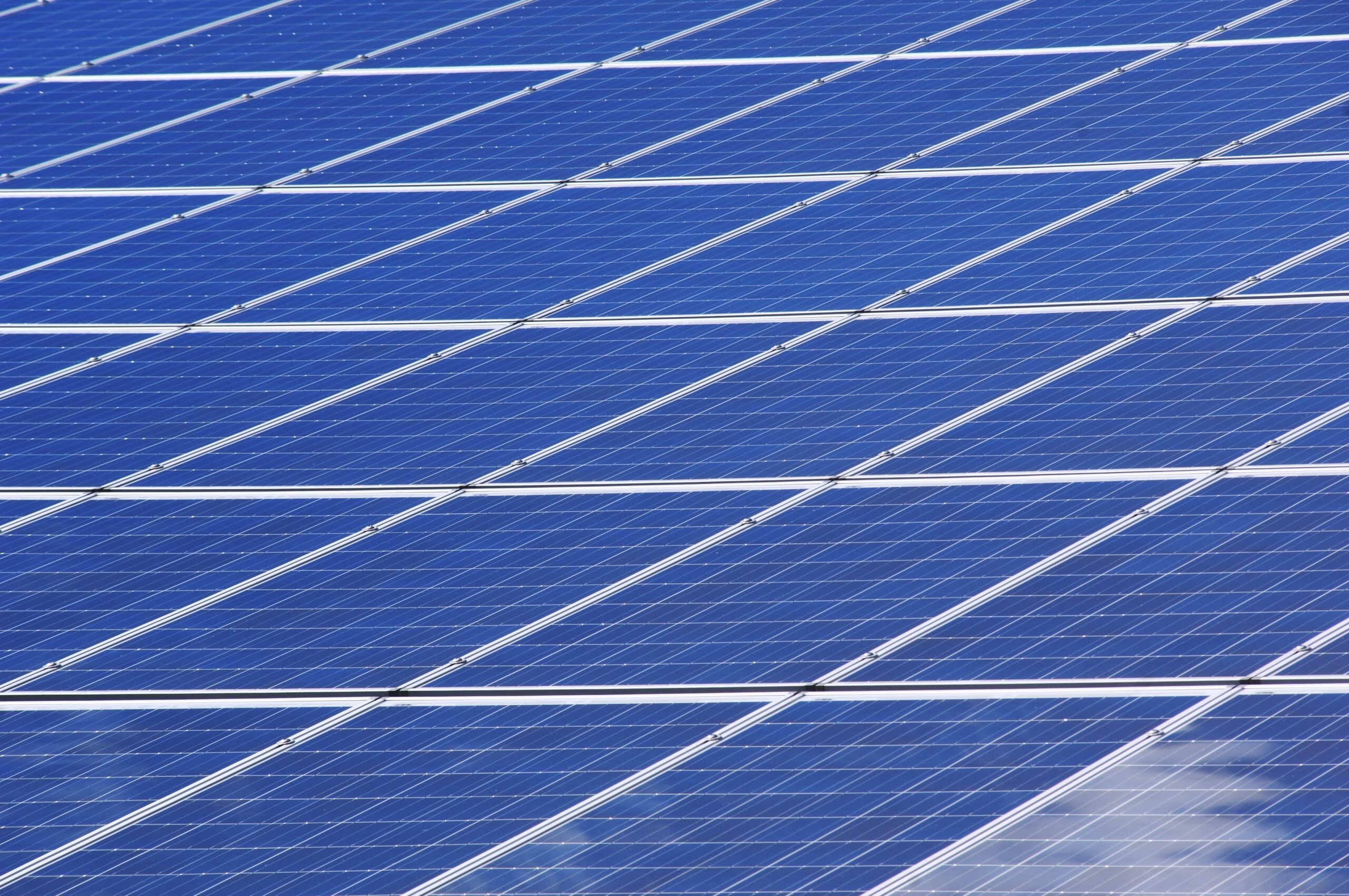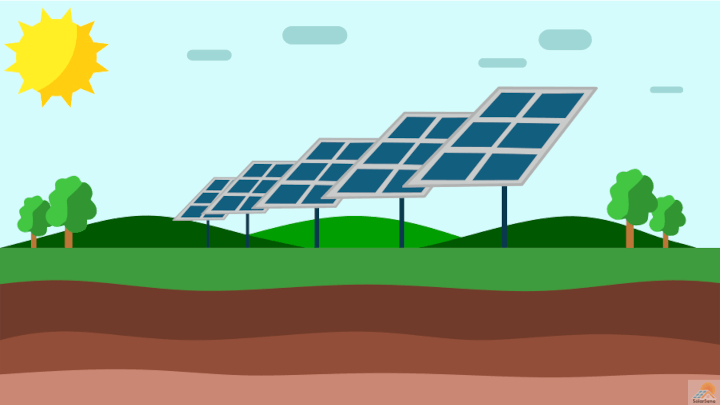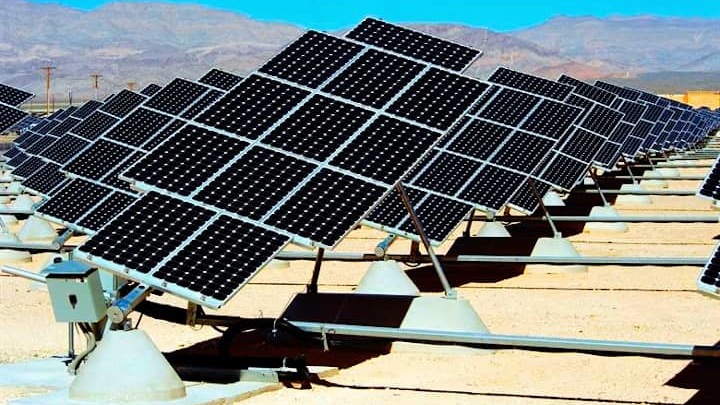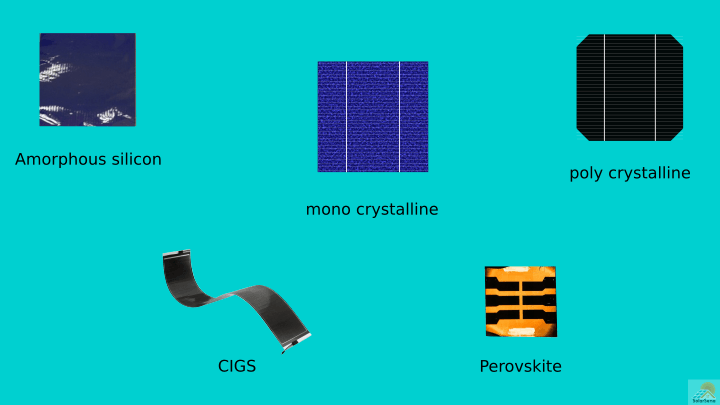Having a plug-and-play solar panel is convenient. You could take it on camping trips, use it in your backyard, and even convert regular power outlets to solar when your area’s electricity is cut. Knowing how and when you can plug a solar panel into an outlet is valuable. Working with electricity always carries a safety risk and you should never attempt to connect your solar panel to an outlet without the knowledge needed to do so.
In this article, I explain whether it’s possible to plug a solar panel into a power outlet. I list the safety hazards and give you more info on an alternative solar panel you can use if you want a direct connection to your outlet.
Can You Connect a Solar Panel to an Outlet?
Solar panels produce Direct Current (DC) electricity. However, most home and building outlets supply Alternate Current (AC) electricity. To use the power generated by solar panels, it would have to be converted to AC electricity using a device called an inverter. The straightforward answer is that you cannot plug a traditional solar panel directly into an outlet. But, by adding a few extra components to the circuit, it is possible to connect a solar panel to an outlet.
Here’s what you’ll have to do:
- Connect the solar panel to an inverter. This will convert the DC electricity produced by your solar panels to AC electricity. Choose an inverter that is rated for the output you’ll use in your home. This is typically 120 or 240 volts.
- Connect the AC output from the inverter to a breaker box. Here it will be distributed to different circuits and outlets in your home or building.
- Connect a charge controller to your setup. This will control the flow of electricity from the solar panel to the battery and prevent overcharging. It will also ensure that your devices are powered with the same voltage as the panels.
Note: Adding a battery bank will help you store excess energy for later use. This can be useful on cloudy days and during the night.
Setting this up is more complex than it sounds. You should keep in mind that this setup requires knowledge of electrical systems. If you don’t have this expertise, it’s best to call a professional.
Is It Safe to Connect a Solar Panel to an Outlet?
Connecting a solar panel to an outlet can be safe if the installation is done correctly. One of the main concerns when doing this is that the wiring needs to be done correctly. When it is not, it can create a potential shock hazard. Additionally, if the inverter or other equipment is not correctly installed or maintained, it can create a fire hazard. It’s essential to get a professional and experienced installer when connecting solar panels to electrical outlets. Most states require this, making it illegal to connect solar panels to outlets yourself.
Plug-In Solar Panels As an Alternative
Plug-in solar panels (also known as grid-tie inverter systems) are a ready-to-use alternative to connecting traditional solar panels to outlets. These make it possible to plug a fully functional solar panel into your wall outlet. It’s easy to use and great for anyone who wants to try solar power without breaking their budget with an expensive rooftop installation.
Reasons to Use Plug-In Solar Panels
- You live in a small apartment or have no roof space (click here to try out our NEW solar panel size calculator!)
- You want to explore solar energy but don’t have the funds for a large investment.
- You want to easily move your solar setup from one home to another.
How Does a Plug-In Solar Panel Work?
Plug-in solar panels have a built-in microinverter. Like regular inverters, these devices convert DC electricity to AC electricity. The microinverter then synchronizes with the frequency of your grid and feeds the generated power back into it. Your electricity meter turns backward, and you pay less. Some plug-in solar panels mount to your roof, but most have a ground mount, so you can place them wherever you have space.
Are Plug-In Solar Panels Safe?
Plug-in solar panels are not inherently unsafe. But some factors may impact safety. These include:
- The cords of a plug-in solar panel can be a tripping hazard.
- The output of the plug-in solar panel can cause a fire hazard if it’s in peak and your outlets can’t handle the energy flow.
- Single electrical outlets have a power limit. If too much power is routed into one, it could cause a fire hazard.
The Cost of Traditional Solar Panels vs. Plug-In Solar Panels
Plug-in solar panels are less expensive than traditionally installed solar panels. But you need to carefully consider what you’re paying for.
On average, you can expect to pay $1.67 per watt when purchasing plug-in solar panels. For professional installations, you’ll have to pay up to $3.00 per watt. This is a significant difference. However, there are a few points to consider:
- Plug-in solar panels can take up space in your backyard and pose a safety risk.
- Plug-in DIY kits may be illegal to install in some areas since installations are not done by licensed professionals.
- Plug-in solar panels may violate local utility codes.
Asking a professional to connect your solar panels to a power outlet is a safer, more cost-effective option in the long run. \

Traditional vs. Plug-and-Play Solar Setups: Which Is Best?
DIY solar power kits are cheaper and easier to install. It might seem like a straightforward solution if you want to produce renewable energy. But these systems can cost you more if they’re not legal or safe. Traditional roof-mounted solar setups are the best choice to generate off-grid power for your home or business. While plug-and-play solar kits can be convenient, they produce less energy. You might end up buying even more of these kits to meet your electricity needs. Did you find this article helpful, let me know in the comments!



